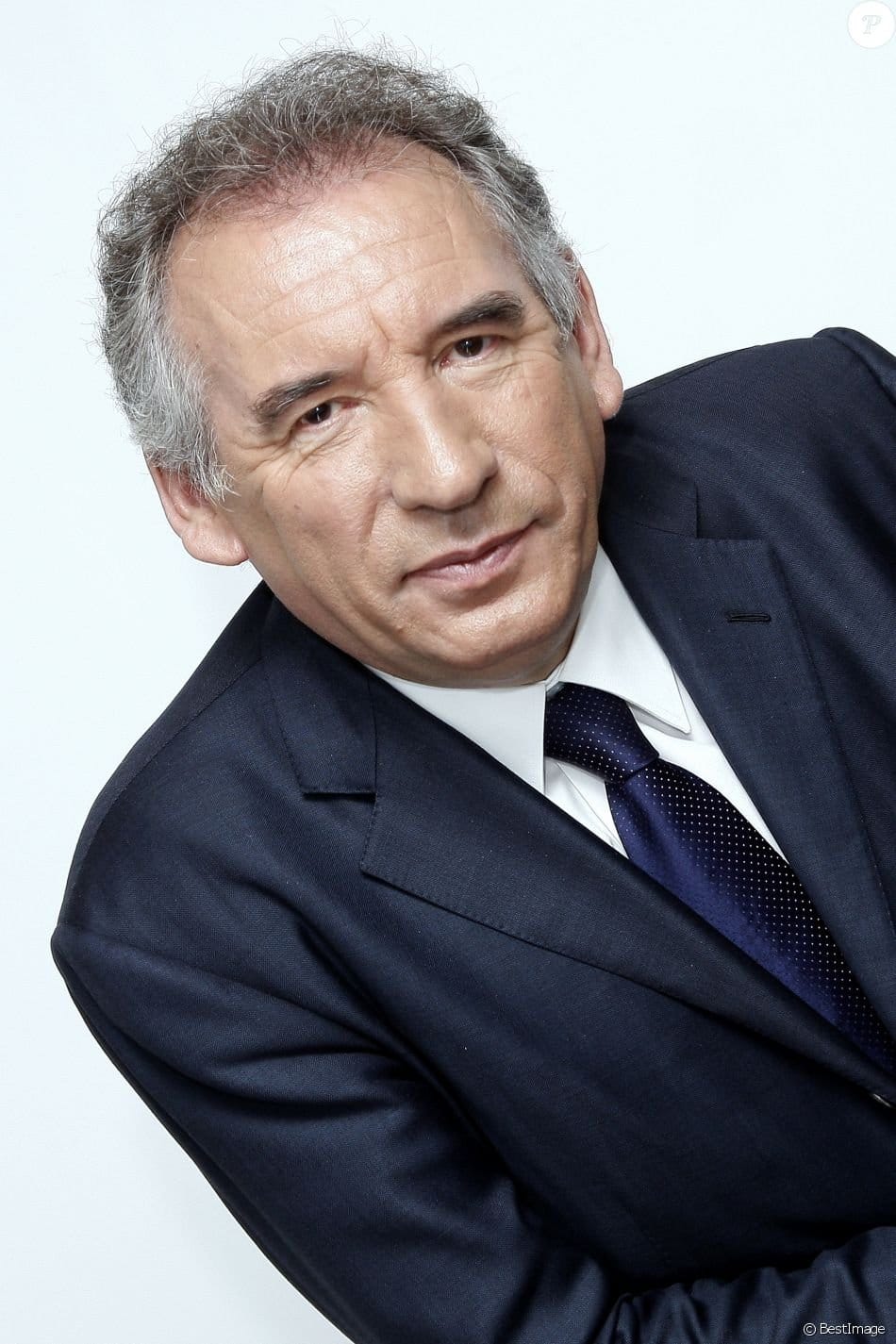François Bayrou’s recent appointment as the Prime Minister of France marks a significant moment in the country’s political landscape. As a seasoned politician with a long history in French governance, Bayrou is poised to navigate the complexities of the current political environment, characterized by a diverse set of challenges and opportunities.
François Bayrou, born on May 25, 1951, in Bordes, France, has been a prominent figure in French politics for decades. He is the founder of the MoDem party (Democratic Movement), which positions itself as a centrist alternative in the French political spectrum. Bayrou’s political career began in the early 1980s when he was elected to the National Assembly. Over the years, he has held various ministerial positions, including Minister of Education and Minister of Justice, showcasing his versatility and depth of experience.
His appointment as Prime Minister comes at a time when France is grappling with multiple pressing issues, including economic recovery post-COVID-19, rising inflation, and social unrest stemming from various reforms. Bayrou’s centrist approach is expected to foster collaboration across party lines, which is crucial in a fragmented political landscape where consensus-building is often necessary for effective governance.
One of the immediate challenges facing Bayrou will be addressing the economic concerns that have been exacerbated by the pandemic. The French economy, like many others, has been affected by supply chain disruptions, labor shortages, and inflationary pressures. Bayrou will need to implement policies that stimulate growth while ensuring social equity, as many citizens are feeling the pinch of rising living costs. His previous experience in the Ministry of Education may also inform his approach to investing in education and workforce development, which are essential for long-term economic resilience.
In addition to economic challenges, Bayrou will also have to navigate social issues that have led to widespread protests and discontent among various groups. The recent labor strikes and demonstrations against pension reforms highlight the need for a government that listens to its citizens and seeks to address their concerns. Bayrou’s background as a centrist may allow him to engage with both progressive and conservative factions, potentially easing tensions and fostering dialogue.
Moreover, Bayrou’s appointment signals a potential shift in France’s foreign policy approach. With increasing geopolitical tensions and the need for strong European Union leadership, Bayrou’s experience may help France strengthen its role within the EU. His understanding of international relations, combined with a commitment to multilateralism, could enhance France’s diplomatic efforts in addressing global challenges such as climate change, security, and economic stability.
The political landscape in France is characterized by a growing demand for transparency and accountability. Citizens are increasingly scrutinizing the actions of their leaders, and Bayrou’s administration will need to prioritize open communication and public engagement. Building trust with the electorate will be essential, particularly in a climate where skepticism towards politicians is prevalent.
As Bayrou takes on the role of Prime Minister, he will also need to contend with the expectations of various stakeholders, including business leaders, labor unions, and civil society organizations. His ability to balance these interests while pursuing a cohesive policy agenda will be critical to his success. This includes addressing the concerns of small and medium-sized enterprises, which are vital to the French economy, as well as ensuring that workers’ rights are upheld in the face of economic pressures.
In conclusion, François Bayrou’s appointment as Prime Minister represents a pivotal moment for France. His extensive political experience, centrist ideology, and commitment to dialogue may provide the foundation for effective governance in a challenging political landscape. As he embarks on this new chapter, the eyes of the nation will be on him to see how he tackles the pressing issues of the day and whether he can unite a divided populace under a shared vision for the future. The success of his administration will depend not only on policy implementation but also on his ability to foster trust and collaboration among the diverse constituents of France.



